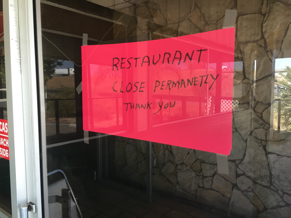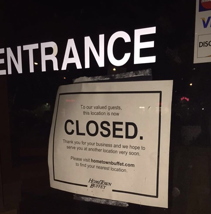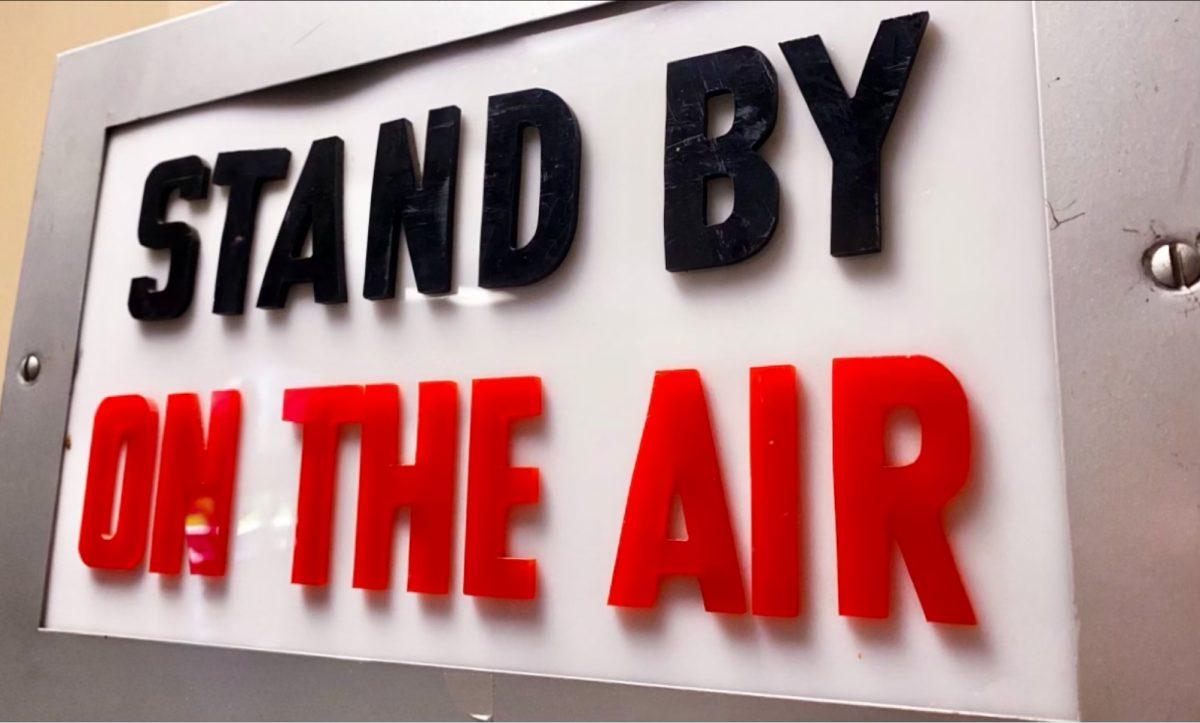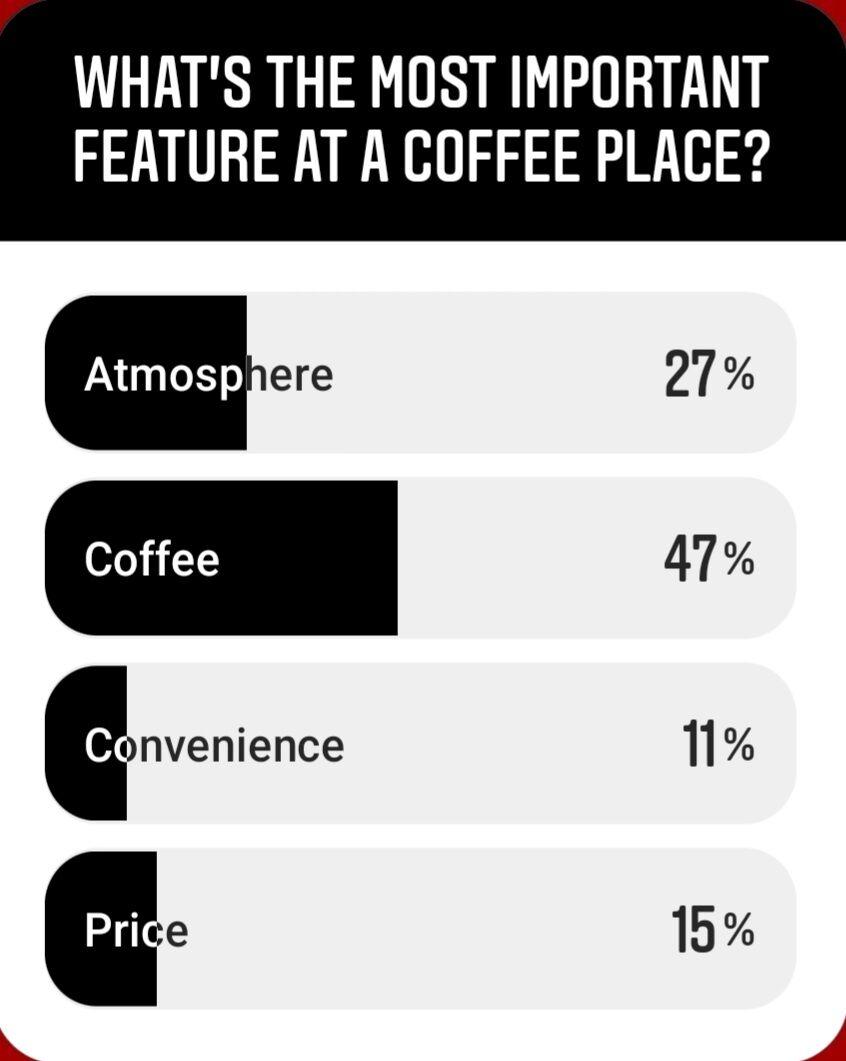Earlier this year, California’s governor Jerry Brown passed a law ensuring minimum wage in California will raise to $15 by the year 2022. For those who earn the minimum wage, this was considered to be a step in the right direction, but local businesses are ultimately finding it difficult to afford to pay their employees the $15/hour.
The National Federation of Independent Businesses (NFIB) outlined how 99.2% of businesses in California are small businesses that will be directly impacted by the continuous increase of minimum wage.
As of January 1 2016, minimum wage went from $9 to $10. On paper, this one dollar increase does not seem like a lot but for local businesses, the difference can be unforgiving.
“When minimum wage increases, you have to pay more in wages and because Social Security and Medicare taxes go up too, we are also forced to pay more in taxes,” Nikki Diaz, owner of Almond Tree in Atwater, said.
As a business that’s been open for 30 years, Diaz expressed how if business does not pick up, the 24 hour restaurant may have to consider cutting graveyard shifts for her employees. Diaz also stated that she has seen other businesses in the Merced County area forced to close down this year due to a minimum wage increase.
Trevino’s Mexican Restaurant, a longtime resident of downtown Merced, has also felt the impact of an increase of minimum wage. “Prices have increased. Our cost to buy produce has gone up. All small businesses are affected,” owner Alex Trevino said.
The Department of Finance estimates that increasing the minimum wage will cost California 3.4 billion dollars between 2017 and 2018.
For employees working minimum wage, the increase is a way for them to earn more money for the work that they do.
“[Minimum wage] is not enough, I feel overworked at the restaurant I work at and the pay doesn’t feel worth it,” California State University, Stanislaus, (Stan State) student Victoria Paden said. Paden also expressed the fear of having her hours cut due to minimum wage increase.
When asked if she was in favor or minimum wage increase, Paden responded, “No, because everything else will cost more and they’ll start firing more people.”
The benefits of a minimum wage increase are that people will be able to work fewer hours and earn a more livable wage. For businesses, whether or not they are thriving or failing, they will still have to pay their employees $15 and pay higher taxes due to the increase.
Unless local businesses want to cut back their number of employees, many will be forced to pay thousands of dollars more to keep up with the increase of minimum wage.
“I do not favor minimum wage increase because if you ever look at what people in the military make, teachers make. If we continue to increase minimum wage we will have people who work at Burger King make as much as the people fighting for our country or teaching our children,” Savannah Lee, a Stan State student, said.
The Department of Industrial Relations shows one of the largest and quickest minimum wage increases occurred during the last two years in California. Prior to 2014, minimum wage would increase by cents every few years. This $2 increase since 2014 and a further raise of $5 by 2022 may continue to test the durability and longevity of local businesses.







